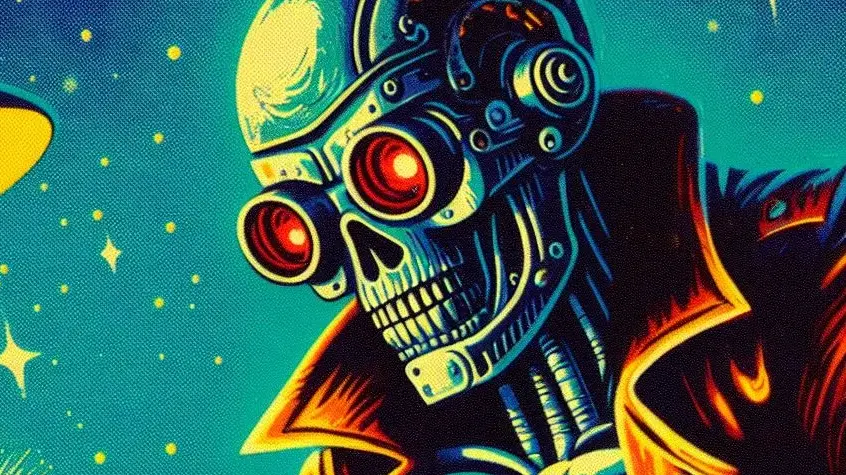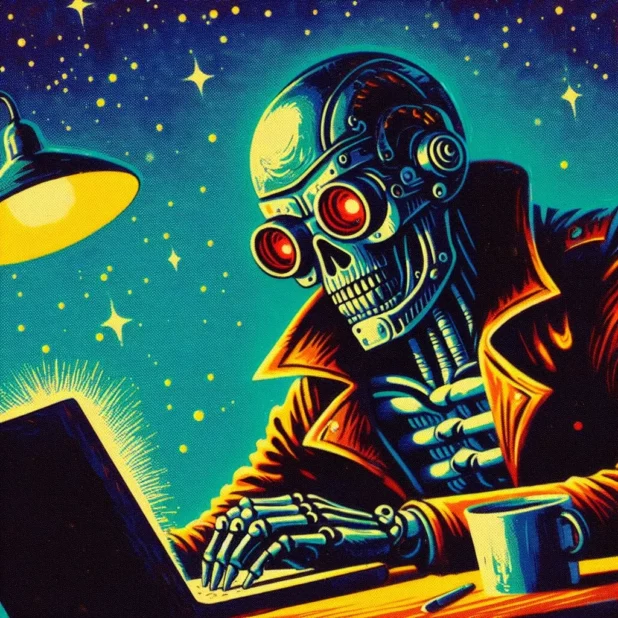They are not actually accusing them of “hacking,” they’re accusing them of manipulating the chatbot to give irregular responses that they will use in their case.
OpenAI has asked a federal judge to dismiss parts of the New York Times’ copyright lawsuit against it, arguing that the newspaper “hacked” its chatbot ChatGPT and other artificial intelligence systems to generate misleading evidence for the case.
OpenAI said in a filing in Manhattan federal court on Monday that the Times caused the technology to reproduce its material through “deceptive prompts that blatantly violate OpenAI’s terms of use”.
“The allegations in the Times’s complaint do not meet its famously rigorous journalistic standards,” OpenAI said. “The truth, which will come out in the course of this case, is that the Times paid someone to hack OpenAI’s products.”
OpenAI did not name the “hired gun” whom it said the Times used to manipulate its systems and did not accuse the newspaper of breaking any anti-hacking laws. Representatives for the New York Times and OpenAI did not immediately respond to requests for comment on the filing.
The Times sued OpenAI and its largest financial backer, Microsoft, in December, accusing them of using millions of its articles without permission to train chatbots to provide information to users.
…
The New York Times’ complaint cited several instances in which OpenAI and Microsoft chatbots gave users near-verbatim excerpts of its articles when prompted. It accused OpenAI and Microsoft of trying to “free-ride on the Times’s massive investment in its journalism” and create a substitute for the newspaper.
OpenAI said in its filing that it took the Times “tens of thousands of attempts to generate the highly anomalous results”.
This is the most important lawsuit in the country.
This will determine the future of AI in America.
If the Times wins, ChatGPT basically has to just shut down, as it will no longer be allowed to read newspapers, books, or any other copyrighted materials.
Of course, that would just move all of the AI development to countries without copyright laws, like Russia and China, which could be the best option here.
Imagine “untraining” a Large Language Model on specific content.
The New York Times doesn’t want its content in ChatGPT. OpenAI would have to retrain its models from scratch. Removing any content from their models would cost them millions of dollars.
I just read a new paper… pic.twitter.com/1PQ8f4zbMd
— Santiago (@svpino) January 24, 2024

